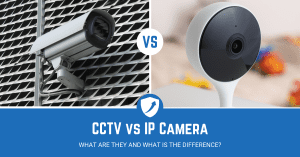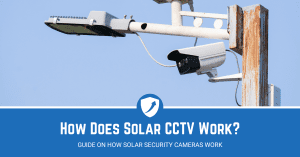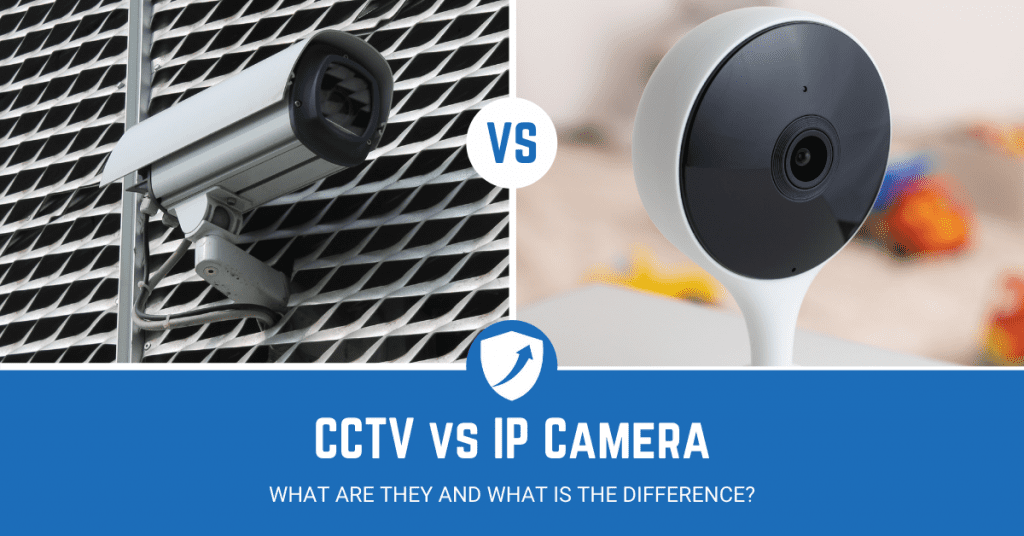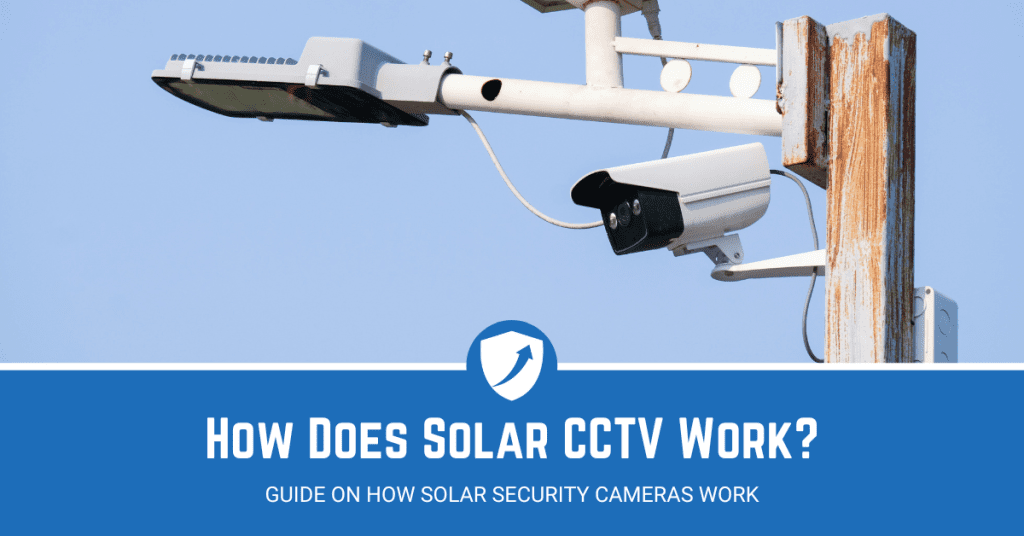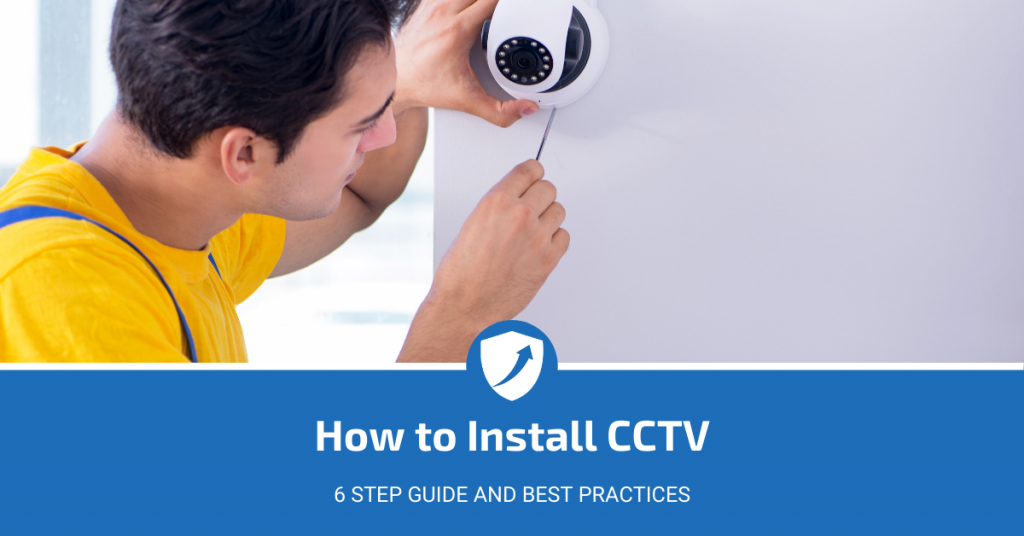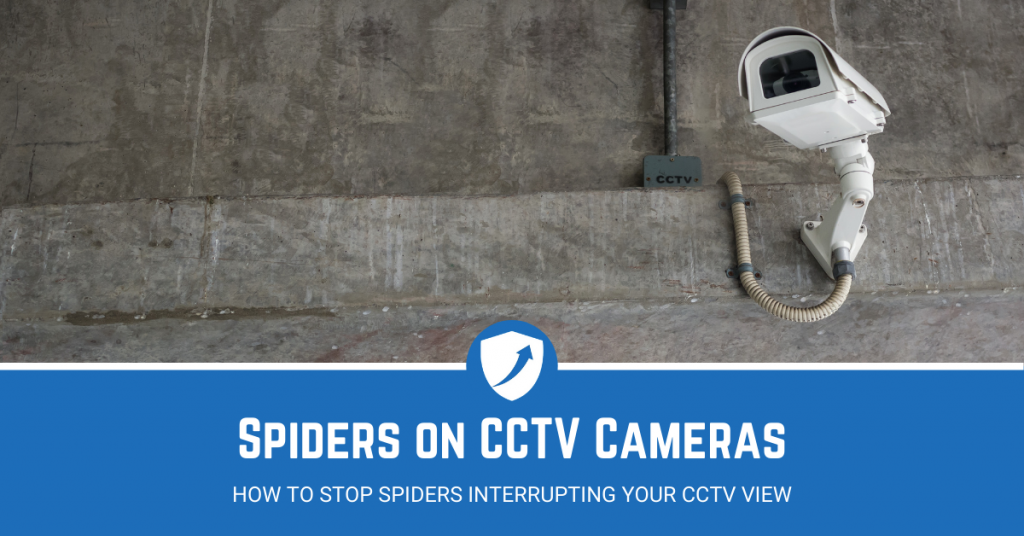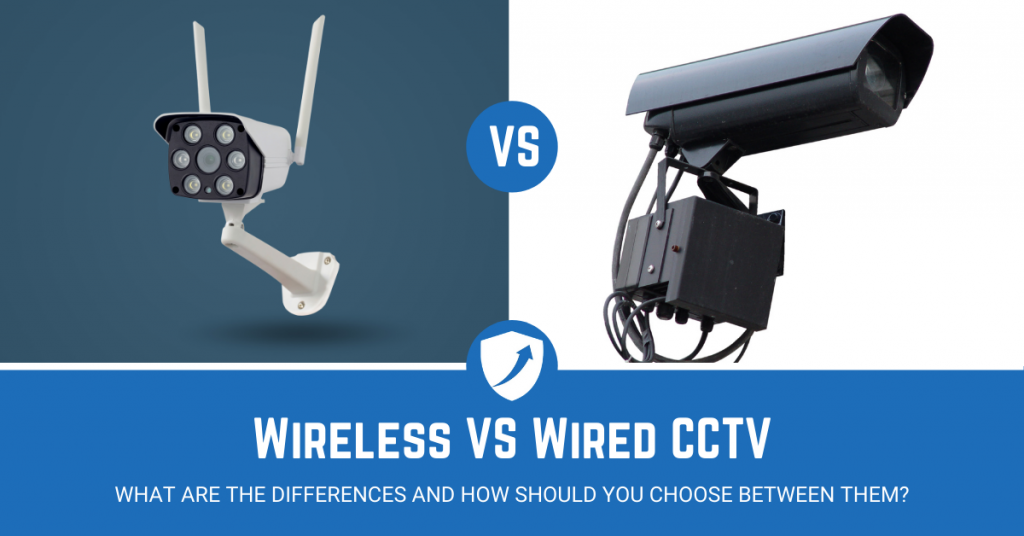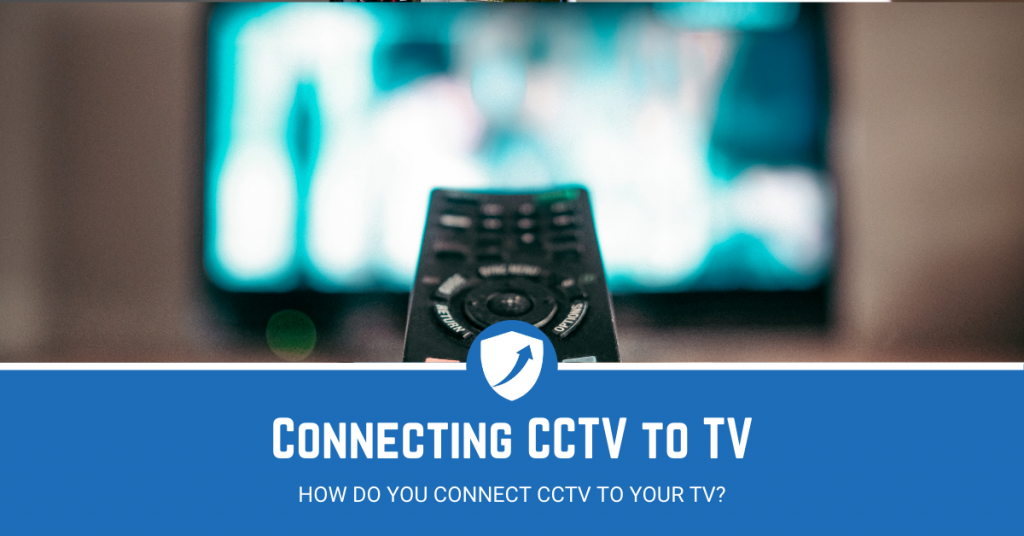It is incredibly common for us to see CCTV cameras wherever we go, whether that is in our neighbourhoods, on the way to work, in the majority of businesses and everything in between.
It seems there is a huge amount of misconceptions and confusion around CCTV in the workplace and the legal requirements involved with installing surveillance technology within a business.
Determining what is the best CCTV for your business can be tricky if you are not aware of the legal requirements and potential ramifications if you do not adhere to certain rules, regulations and laws in the United Kingdom.
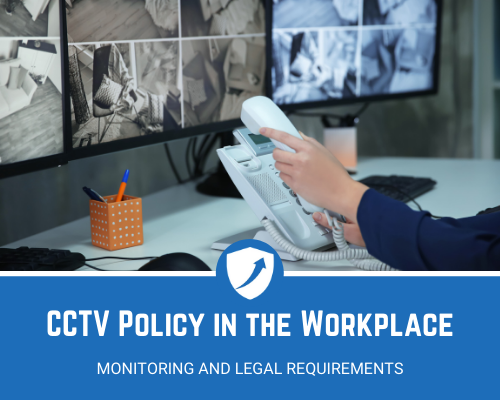
In this quick guide, we will be going over some of the most important information for businesses to know when they are intending on setting up CCTV or if they already have it installed.
We’ll cover:
- CCTV Workplace Monitoring Basics
- Important Parts of Workplace CCTV Monitoring Installation
- Pros of Workplace Monitoring
- Cons of Workplace Monitoring
- Laws for CCTV Workplace Monitoring in the United Kingdom
- Finding the Best Workplace CCTV Setup
What's in this Guide?
What is CCTV Workplace Monitoring?
Depending on your business type, it may actually be very standard procedure to have CCTV cameras at your place of work. For example, if you deal with the public or have a shop where customers or the public can access, it is rare to not find a CCTV camera or two.
To put the above into everyday context, the retail industry has been using them for years to bolster loss prevention efforts.
So, what exactly is CCTV workplace monitoring? Well, it’s exactly what it says on the tin. It is the installation of CCTV cameras at a place of work in order to keep an eye on the business and ensure everything is running smoothly.
Typically speaking CCTV workplace monitoring is actually inside the business as opposed to installing cameras outside or around the perimeter. This could be within the office, or inside the retail setting or inside a call centre, for some context.
As a rule of thumb, workplace monitoring is often within the working environment where the employees are and used in the most part to monitor daytime (or work hour) activity; This is opposed to overnight security, which a typical CCTV camera setup would.
5 Key Components of Workplace CCTV Monitoring
Cost
The cost of registering your business’ intent to collect CCTV recordings in the workplace varies quite dramatically in the United Kingdom. If you go onto the government’s website you can register your business and pay the data protection fee.
The fee can be as low as £40-60 or can go up to almost £3000 (£2900) for a larger business or organisation at the time of writing. You can file the paperwork digitally on the website and find out how much you have to pay.
Although for a lot of businesses the fee is not that large, failure to register that your business is collecting video data of your employees and customers comes with large legal ramifications and fines. So it is definitely worth your time and money to get this sorted before you install your cameras.
Retention Policy
CCTV footage must be kept for a limited amount of time, which is stated in the CCTV policy document that the company will have to draw up.
A standard amount of time is typically 30 days but can extend to 60 or even 90 days, depending on the business type and policy.
The police recommend anything around a month, but for some lower risk businesses a two week or 14 day footage retention policy would be sufficient for the majority, if not all, incidents.
In addition, if any recorded individual asks for video footage of themself, the employer must supply the data within 30 days (this is normally due to the retention policy wiping the video after that amount of time).
Privacy Laws (GDPR)
Another important component of workplace CCTV monitoring is understanding the privacy laws that were updated in 2018, otherwise known as GDPR.
You have most likely come across this multiple times a day since it came up, whenever you visit a new website, for example, you will probably be prompted to accept their cookies and terms in a popup box, this is you opting into their marketing.
In short, it states that CCTV is affected by these laws and any surveillance equipment and footage that is captured away from a person’s residence is subject to these laws and can incur fines if not managed correctly.
GDPR has seven key principles that need to be followed: fairness and transparency, data minimisation, accuracy, lawfulness, purpose limitation, storage limitation, integrity and confidentiality and accountability.
These first six of these were all present in the prior rules, with the addition of accountability added in 2018, making a robust and legally enforced set of rules.
Audio Recording
A lot of newer CCTV camera models may also have audio capture technology, meaning they can record both audio and video simultaneously. This can create issues for an employer if they are recording audio of the members of the public that is not relevant to business needs.
As a rule, having audio recording in the workplace is allowed, but the employer has to have reasonable cause for having audio recording in addition to video.
If audio is used employees have to be made aware that the cameras are capturing both audio and video, as per the data privacy laws and act.
A business need may be genuine if there is a need to record customer or staff conversations for different reasons. This will typically not always be through the CCTV camera however.
Let’s use a common example of both being recorded, video may be captured in a call centre and the phone calls are typically recorded for ‘training’ purposes, as you have probably heard the automated voice or customer service agent say.
Data Controller
As we have alluded to, one person in the company will be in charge of the video footage and will be the only one who has access to it, otherwise known as the data controller.
If there is a valid reason for someone else viewing the captured video, it must first go through the data controller to establish if the reason is genuine and merits viewing.
An example of this could be if someone has requested the video footage of themself, which they are legally allowed to request.
Another reason could be if there has been an incident that needs to be reviewed, this could be a break in, a dispute, a harassment claim or a drop off in productivity or suspicious activity, to name a few.
Advantages of CCTV Workplace Monitoring
Lower Potential of Internal Theft or Shrinkage – in psychology, it is very common for people to exhibit different behaviours and act a lot differently than if they were not being watched, or in this case recorded. This is called the Hawthorne Effect and it means people are much more likely to adhere to social norms and act a lot more civil and even helpful.
Workplace Security – being able to keep your business secure around the clock is important regardless of your business type. Having the ability to reduce external threats and potential for break ins is one of the major advantages of CCTV at the workplace.
Easier to Resolve Workplace Issues – having a record of what transpired and is currently transpiring in your business can help resolve issues and even limit them in the first place. We have all been in a situation where one person says this and another says differently, having CCTV recordings can help provide evidence and resolve issues.
Less Workplace Harassment – with more accountability and the ability to review footage, companies are much less likely to experience workplace harassment, bullying and misconduct. Obviously, a lot of other factors can affect this such as training and stricter hiring practises, but it still will have a profound effect.
Increase in Productivity – needless to say, everyone at some point in their working career has taken some down time and been less productive than they should have been while at work. We are not expected to be full speed for our whole shifts, but with CCTV cameras staff tend to be a lot less overt about their slacking and typically will even increase in productivity.
Disadvantages of CCTV Workplace Monitoring
Cost of Installation – this is not just the actual cost of the CCTV system and cameras but also the administration cost of having to file the paperwork and assign someone to be in charge of the cameras and the footage.
Time to Set Up – as we have alluded to in the above point, there are additional ‘costs’ to consider when installing CCTV in the workplace and one of them is the actual time cost of getting everything sorted and installed. Depending on who is going to install the cameras and files the paperwork you may be looking at some additional hours or costs to get everything installed.
Legislation and Legality – using CCTV cameras in the workplace creates a lot of extra paperwork and rules to follow to remain compliant. Especially in the European Union and the UK due to the updates to privacy laws (GDPR).
Potential for Increased Stress – depending on the workplace environment, this could create more stress for your employees. For example, in a sales heavy workplace salespeople may feel under more pressure to perform if they know they are being watched, which can have the adverse effect that the cameras were installed for.
CCTV Monitoring Laws for the Workplace
When it comes to installing CCTV within the workplace in the United Kingdom there are some strict rules that an employer should adhere to and failing to comply could result in severe legal repercussions and even the data collected being admissible in court or a trial if collected illegally.
- The employer needs to register with the Information Commissioner’s Office (ICO) as a data controller and state the reason they are installing CCTV at their workplace. Once the purpose has been outlined footage can only be collected for this reason.
- Employees need to be told that they are being recorded at the workplace. The typical way that an employer can do this is via a meeting, bulletin or email alongside correct signage around the business.
- If one of the employees requests any recorded footage of them, the employer must provide the footage no later than one month from the request date.
- All CCTV cameras have to be in non-private areas of the business and not in locations where employees would expect full privacy, this is typically places such as changing rooms or toilets.
- The ICO policies also require the employer to have one person within the company who is in charge of the video footage, storage and CCTV system.
8 Questions You Need to Answer In Response to CCTV in the Workplace Laws
- Why is your company using CCTV cameras in the workplace?
- What areas will be covered by the video footage?
- Does everyone who will be captured know that footage is being collected?
- Who will be in the recordings?
- Is there appropriate signage around the property?
- How long will the CCTV footage be kept after it’s collected?
- Where will the data be stored?
- What security will be put in place to prevent unauthorised access or tampering with the footage?
How to Choose the Best CCTV System for Workplace Monitoring
Finding the best CCTV system for your business’ workplace monitoring may not always be as black and white as you may imagine.
Hopefully, now after reading the above you have a much better idea of the kind of things you are looking for and hurdles you have to jump through to get your business compliant and using CCTV in the workplace.
To summarise, we will break down the above sections into bite size chunks to give a quick reminder of what to look out for and how to choose the best CCTV system for you.
Do Your Research
Look into the different camera types, the laws and legislation you need to adhere to, CCTV system costs, the effort required, the ease of installation and the potential benefits and drawbacks.
Determine If You Need Audio
Adding audio onto your workplace monitoring can have a profound effect on your business and not always in a good way. Working out if you will need audio and video can help you decide which types of cameras you need.
Decide Where You Want or Need Your CCTV Cameras
Although most, if not all businesses could benefit from a CCTV camera installation, that does not mean that all of them need to have CCTV camera monitoring. A low risk business with a few employees is much less likely to need a camera setup as opposed to a larger company with a lot of customers and stakeholders entering and exiting.
Pick a Data Controller
Finding the right person within your company to be your data controller (i.e. the person in charge of the camera footage) can be tricky, but it is normally someone who specialises in admin, technology or security.
Build a Business Case
Oftentimes the person looking into installing the CCTV cameras is not the decision maker in the organisation. So, if you are not in charge of allocating the funds, build a business case to help your boss determine if it’s the right move for your business.
Find the Right Cameras for You
Every business is different and will require different things from the workplace monitoring situation. For instance, two businesses may not have the same budget as each other and thus one may be in favour of more expensive cameras whereas the other may not see the value in them at all.


